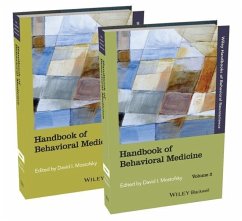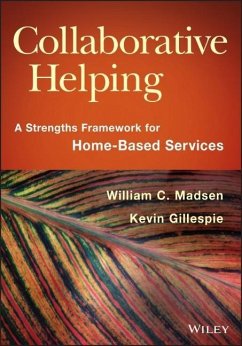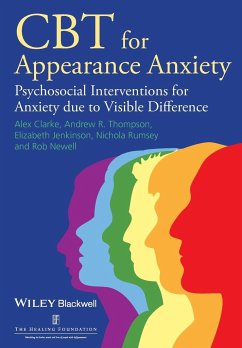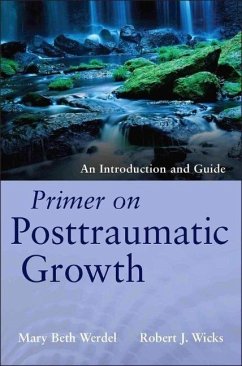
Stress and Your Health
From Vulnerability to Resilience
Versandkostenfrei!
Versandfertig in über 4 Wochen
25,99 €
inkl. MwSt.
Weitere Ausgaben:

PAYBACK Punkte
13 °P sammeln!
Stress and Your Health: From Vulnerability to Resilience presents an evidence-based evaluation of the various effects of stress, along with methods to alleviate distress and stress-related illnesses.Examines myriad stressor effects and proven ways to alleviate stress in our livesCovers a wide range of stressor-related topics including therapeutic strategies to deal with stress and factors that hinder treatment of stressMakes difficult biochemical and immunological concepts accessible to a non-specialist audienceAddresses many of the factors that cause individuals to be more vulnerable to the i...
Stress and Your Health: From Vulnerability to Resilience presents an evidence-based evaluation of the various effects of stress, along with methods to alleviate distress and stress-related illnesses.
Examines myriad stressor effects and proven ways to alleviate stress in our lives
Covers a wide range of stressor-related topics including therapeutic strategies to deal with stress and factors that hinder treatment of stress
Makes difficult biochemical and immunological concepts accessible to a non-specialist audience
Addresses many of the factors that cause individuals to be more vulnerable to the impact of stressors and at increased risk for pathology
Examines myriad stressor effects and proven ways to alleviate stress in our lives
Covers a wide range of stressor-related topics including therapeutic strategies to deal with stress and factors that hinder treatment of stress
Makes difficult biochemical and immunological concepts accessible to a non-specialist audience
Addresses many of the factors that cause individuals to be more vulnerable to the impact of stressors and at increased risk for pathology













